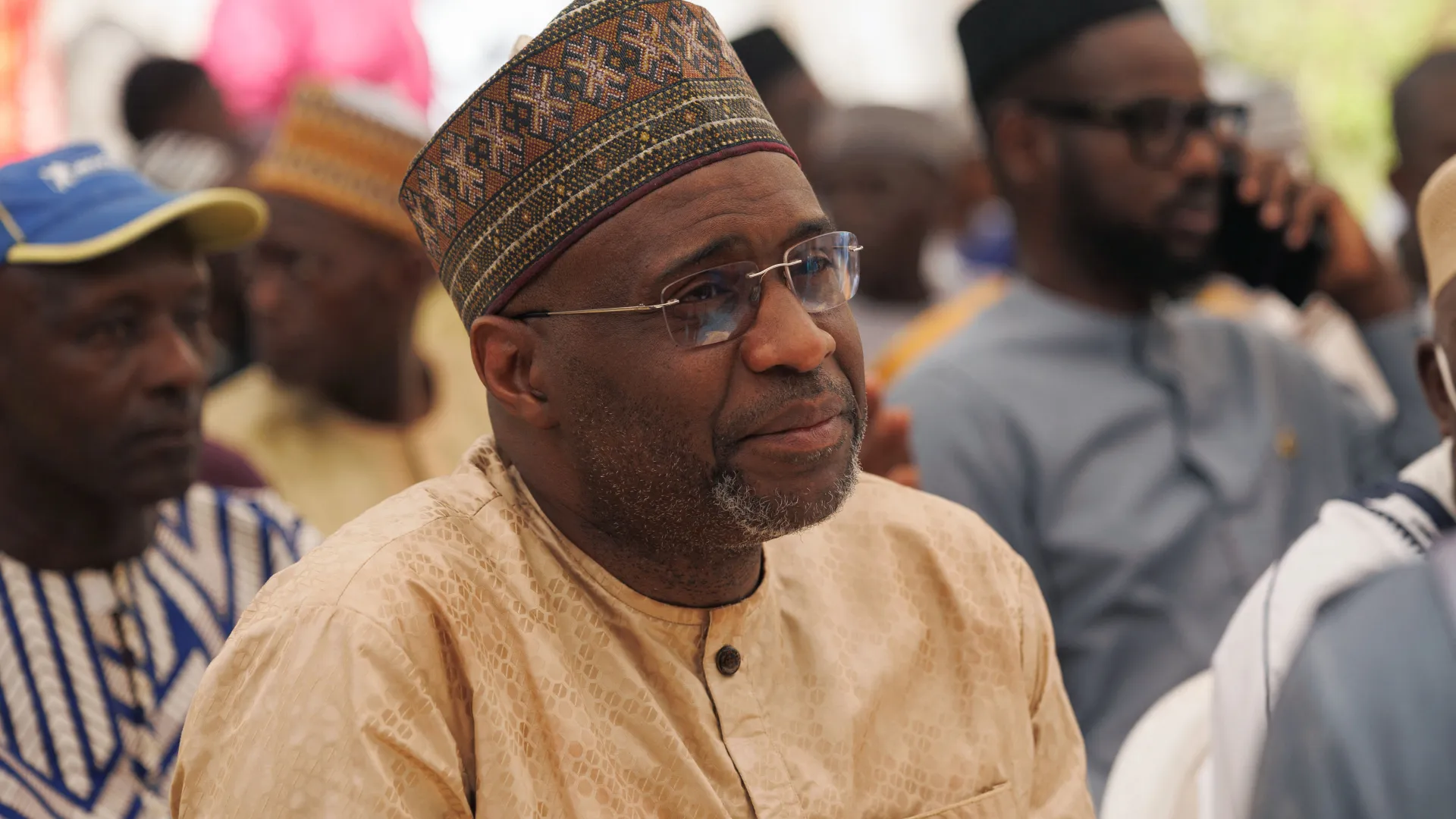
Former Prime Minister Moussa Mara was remanded in custody on Friday in Bamako following a social media post that questioned a government fundraising campaign, triggering a legal backlash under Mali’s cybercrime laws.
The hearing took place before the National Cybercrime Unit, which investigates offenses committed via information and communication technologies.
Mara’s detention follows a message he posted on July 4, 2025, on the social network X (formerly Twitter), in which he referenced a “hidden domestic debt” linked to a public fundraising initiative led by Malian authorities.
This post, widely shared across social platforms, had already resulted in earlier interrogations by the Bamako Judicial Investigation Brigade and the prosecutor’s office of the High Court of Commune IV.
According to his lawyer, Mountaga Tall, “the Prosecutor of the National Cybercrime Unit, seized of the same facts and the same case, without the slightest new element, decided to remand Moussa Mara in custody and set the date of his trial for September 29th.”
Moussa Mara faces four charges: undermining the reputation of the State, opposing legitimate authority, incitement to disturb public order, and publication of false news falsely attributed to third parties with the aim of disturbing public peace. His defense strongly contests these accusations and insists it is “determined to ensure that the Law prevails.”
The National Cybercrime Unit’s actions are based on Law No. 2019-056 of December 5, 2019, which addresses cybercrime offenses in Mali.
This latest summons follows a series of hearings. On July 15, Mara was questioned over another post where he claimed to have visited several detainees, including prominent figures such as Mohamed Youssouf Bathily (known as Ras Bath), described as “prisoners of conscience.” Authorities investigated whether these visits were authorised, leading to a ban on Mara’s international travel issued on July 21.
Moussa Mara served as Mali’s Prime Minister from April 2014 to January 2015 and has held other significant political roles, including Mayor of Commune IV in Bamako and Member of the National Assembly.
The prosecution has yet to release an official statement on the case, which has sparked widespread debate over freedom of expression and government transparency in Mali.



